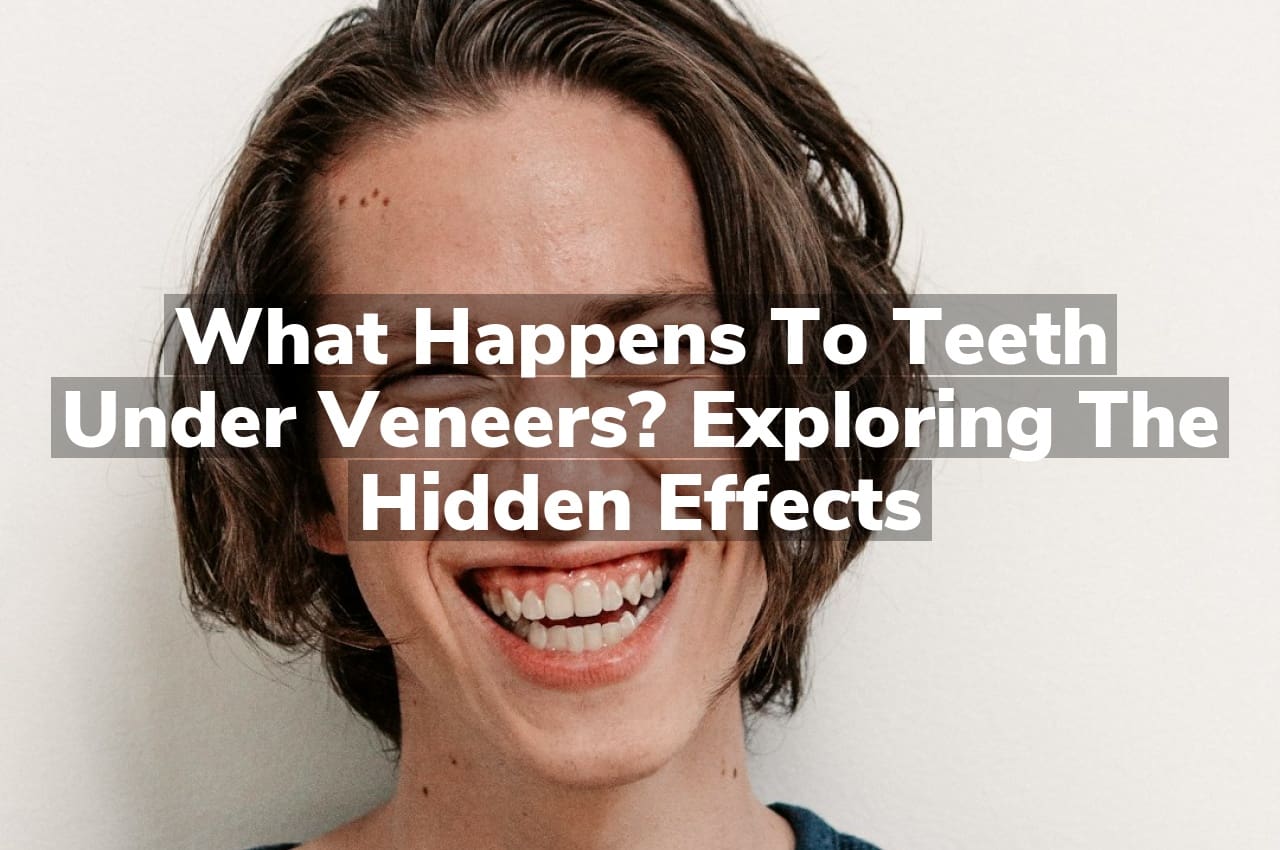Have you ever wondered what happens to your teeth under veneers? When veneers are applied, the underlying natural teeth often undergo preparation which may include slight reshaping to accommodate the veneer. Over time, the health and condition of these teeth can be influenced by various factors including the original dental health and the maintenance of the veneers.
Long-Term Enamel Condition
When considering the application of veneers, particularly the popular porcelain type, it’s essential to understand the potential impacts on the underlying tooth enamel over time. Veneers require the slight shaving or reshaping of the natural enamel to ensure a proper fit and aesthetic blend with the surrounding teeth. This alteration is permanent, and the condition of the enamel beneath the veneers can change as years pass, influenced by factors such as the bonding process, the type of veneer used, and individual oral hygiene practices.
The longevity and health of the enamel also play a crucial role in determining the overall durability and appearance of veneers. For those curious about the financial aspect of choosing porcelain veneers, further details can be found in our comprehensive guide, How Much Are Porcelain Veneers? Understanding Costs and Factors. This resource provides insight into what one might expect when considering this type of dental enhancement, without delving into specific products or services.
Potential for Tooth Decay
When veneers are placed over natural teeth, the underlying tooth structure remains largely intact. However, the process of preparing the teeth for veneers often involves removing a small layer of enamel, which can make the teeth more vulnerable to decay if not managed properly. Since veneers are adhered to the front surface of teeth, they do not protect the back of the teeth or the areas between teeth from exposure to bacteria and acids. This situation necessitates careful monitoring to ensure that decay does not develop in these potentially exposed and less protected areas.
Maintaining oral hygiene is crucial for the longevity of both natural teeth and veneers. Regular dental check-ups are essential to monitor the health of teeth under veneers and to address any issues early on. For those considering this cosmetic solution, visiting Indianapolis’s Premier Veneers Providers can provide further insights into how veneers might interact with your natural teeth over time.
Gum Health Implications
When considering the effects of veneers on teeth, it’s important to also consider the potential impact on gum health. The placement of veneers involves the adhesion of a thin layer to the front of the teeth, which can influence the surrounding gum tissue. This interaction between the veneers and gums may alter the natural environment of the gum line, potentially affecting its condition and overall health. Understanding how veneers interact with gum tissue is crucial for assessing their comprehensive impact on oral health.
Impact on Natural Tooth Color
When veneers are placed over natural teeth, one common concern is the potential impact on the underlying tooth color. Veneers are typically designed to match the color of your existing teeth at the time of application. However, natural teeth may change color over time due to factors like diet, aging, or oral hygiene practices. Since veneers are not permeable, the color beneath them remains unchanged, which might lead to color discrepancies between veneered and non-veneered teeth if natural teeth darken or stain.
For more detailed information, consider consulting with professionals like those at Thompson Family Dental at Nora, your trusted Indianapolis Dentist.
Veneer Lifespan and Tooth Stability
The lifespan of dental veneers and the stability of the underlying teeth are crucial aspects to consider. Generally, veneers can last for many years, depending on various factors including the type of material used. During this period, the condition of the natural teeth beneath the veneers remains a point of interest. These teeth continue to be essential for overall dental health, as they support the veneers. Over time, the interaction between the veneers and the natural teeth can influence the long-term stability and health of the tooth structure.
Conclusion
For further inquiries, please call us at 317-846-9444 or read our reviews on Google Maps.

